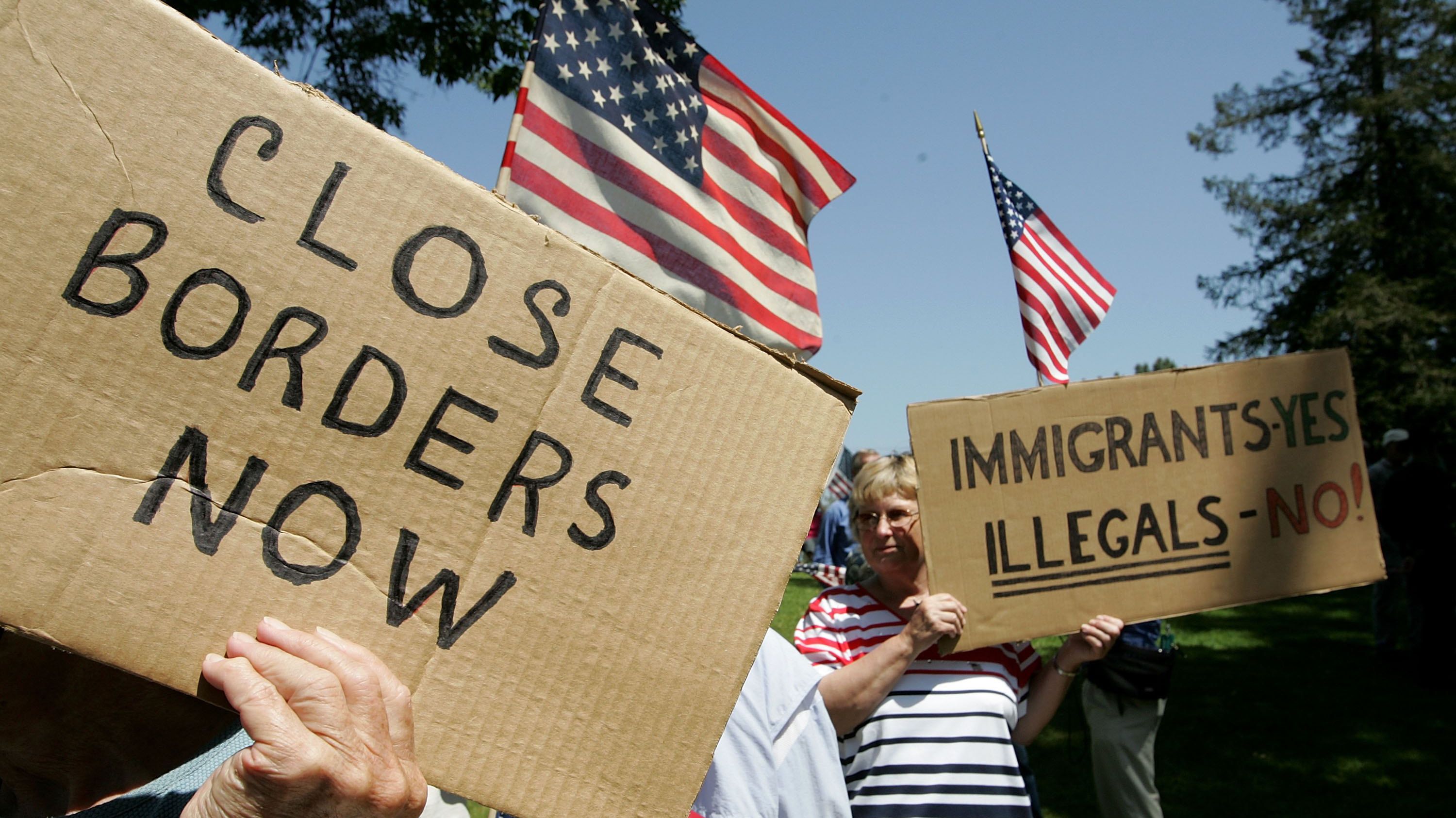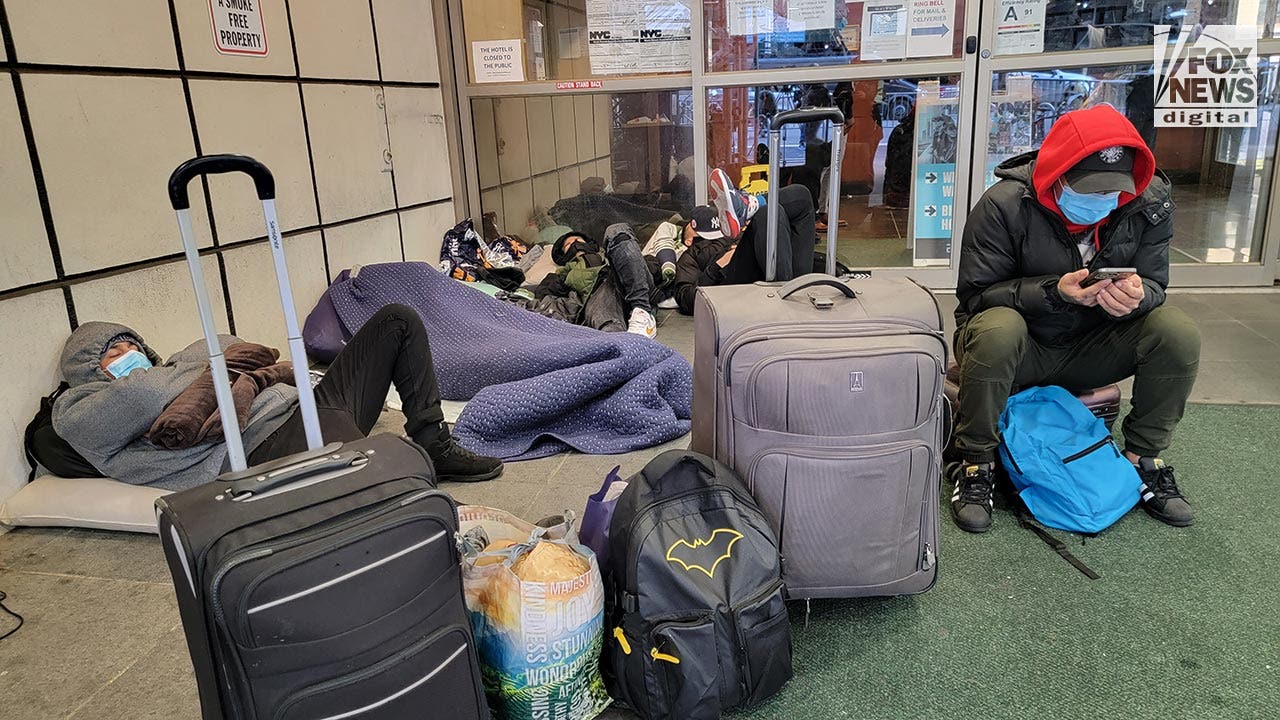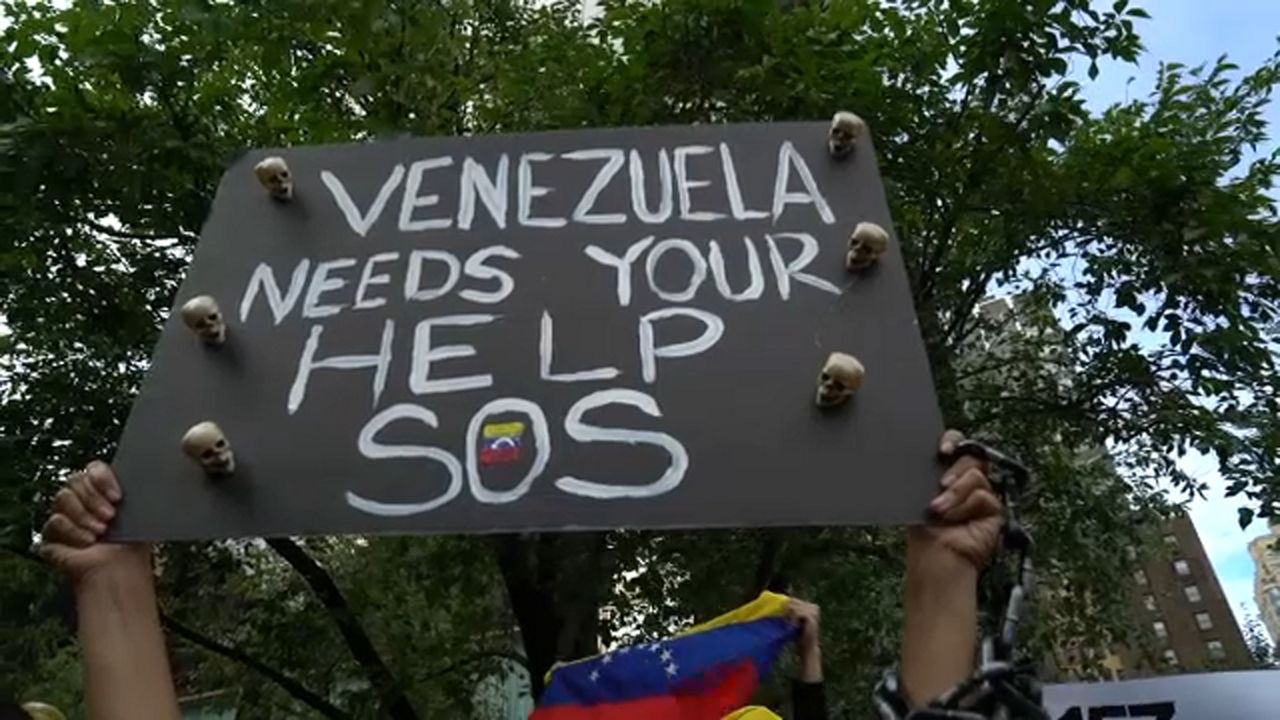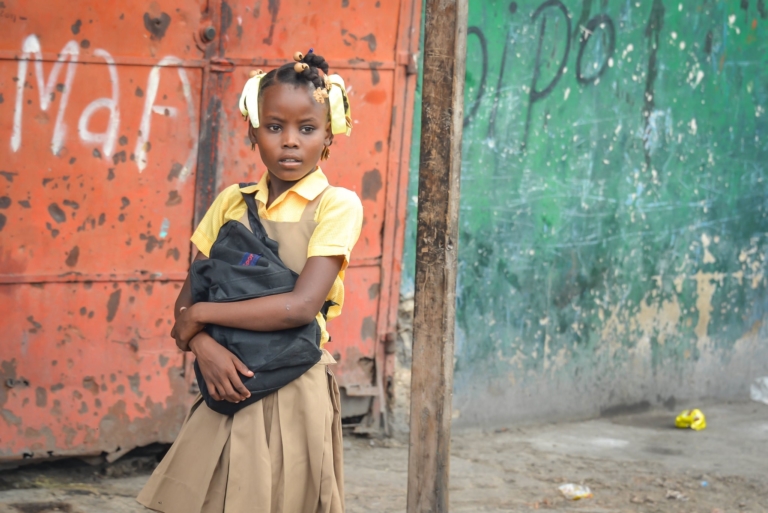I've been writing about illegal immigration for decades and there still doesn't seem any end to it, but that's on purpose as I'll show you. States along the border with Mexico are being inundated with individuals wanting to come to the U.S., not to gain citizenship, but to obtain---for free--- the benefits available to citizens because they worked and paid into the system through their taxes.
The federal government maintains that it controls the border problem, however it does next to nothing, and worse, it wants states not to enforce existing federal laws concerning illegal entry. Eric Holder, the AG under President Obama, even sued Arizona for doing nothing more than using existing federal laws to halt immigrants from illegally crossing the border (worse, he even allowed Mexico to join in the lawsuit against Arizona as a co-plaintiff). Now it's Texas.
Some states and cities have declared themselves "open" to illegal immigration under the euphemistic sounding title of "sanctuary". The result has been thousands of individuals heading there and immediately demanding and receiving taxpayer funded government services.
As a result, some of the cities involved have seen increases in crime, homelessness, and a growing demand for public and private services, especially food and medical care. Unable to keep up with the demand, these cities and states have...ironically...turned to the federal government and requested additional federal dollars and aid to cope with the very problems they intentionally created. Did their legislatures, mayors, and governors not think this through?
Currently it's believe that there are some 10 million or more individuals illegally in this country, The majority of them drawing on services paid for by taxpayers---you and me---that they never contributed into. Many have also decided that they have no intention or interest in integrating into society as previous migrants have historically done (other nations, such as Canada and countries in Europe and Asia) face similar problems.
Remember, these individuals have not come with the intent of gaining citizenship, few have applied for entry, and few have come seeking asylum. They come because they've been told they would be openly welcomed and provided with freebies simply for showing up. The majority of immigrants are coming north for nothing more than economic reasons---"economic asylum". Bear in mind that the U.S and United Nations does not recognize "economic amnesty". Even Amnesty International doesn't promote "economic amnesty".
Amnesty can only be granted for ethnic, racial, political or religious reasons only, and then only if you are in danger of torture, extreme discrimination, imprisonment or death. Even then international law says they must seek shelter in the next closest stable country...not travel thousands of miles through safe countries and attempt crossing the U.S. border illegally!
So, who is promoting this migration north? Why is the U.S. seen as the only acceptable destination?
Many of those headed north are coming for economic reasons, so that seems to be a logical place start. The U.S. and some of its allies have instituted sanctions and/or embargoes against Venezuela, Nicaragua, and Cuba. Of those, Cuba's has been the longest, first imposed on March 14, 1958 by President Eisenhower against the Batista Government to prohibit the sale of arms.
In October 1960, following the overthrow of the Batista dictatorship by the Fidel Castro's led revolution, another embargo was placed against Cuba. This applied to everything but food and medicine. The embargo was expanded in February 1962.
In Venezuela, sanctions were imposed in January 2017 by President Trump, for alleged human right violations, but rumors have persisted that it had more to do with Venezuela's suppressing a U.S. led attempt to overthrow the government. Either way, unlike Cuba, the sanctions helped Venezuela's economy to collapse, causing record level inflation, unemployment, poverty, and crime (Venezuela has the highest rate of violent crime in the world).
The sanctions resulted in freezing $5.5 billion dollars belonging to Venezuela. Also, there was a 65% decline in the number of international banks willing to do business with them, with 99% of them coming between 2017 and 2019. This has resulted in severe shortages of food and medicine which the country must buy abroad.
It's estimated that some 80,000 HIV+ patients were affected along with roughly 32,000 individuals in need of cancer or dialysis medication or treatment. Some 15% - 20% of the population no longer has access to potable water during the height of the sanctions.
High unemployment (the result of many oil related businesses closing) triggered a serious increase in crime, making Venezuela the most violent crime ridden nations in the world. Presently, the crime rate (as of 2023) in Venezuela is 83.76 per 100,000. The majority of the crime is committed by individuals ages 20-30 years old. By comparison, the United States has a crime rate of 47.70%. So, if you want a reason for the exodus northward, there you go. U.S. imposed sanctions.
Economic issues have affected other countries in the region as well, such as the Caribbean island nations of Haiti, Jamaica and Trinidad and Tobago. Their problems are primarily the result of inept governments, rudimentary infrastructure, failed social programs and perpetual poverty.
The result is chronic unemployment and high crime rates (Trinidad and Tobago are ranked sixth in the world while Jamaica is tenth). Another key factor, not found elsewhere, is the weather. Due to climate change, the Caribbean has found itself in bull's eye of some of the worse tropical storms and hurricanes on record.
Most of these countries have long depended on the tourist trade to pump money into the economy, but the weather and crime has caused tourists to go elsewhere. As an aside, in 2023, the U.S. pumped $110 billion dollars in humanitarian aid into Haiti alone. Without this aid, we'd see a much larger exodus northward toward the U.S. Compare that with $16 billion in aid (humanitarian and military) to Ukraine in 2023 and $3.3 billion to Israel.
Brazil is one of the most rapidly growing economies in the world. It is a key member of the economic union know as "BRICs" along with China, India and Russia, among others. Few know that Brazil was one the world's most impacted nations by the Covid-19 epidemic . The economy had been growing at a steady rate of 3.3% between pre-Covid 2001 and 2014. But between 2014 and 2020, the economy shrunk by the same percentage of 3.3%.
However, things bounced back by 2021 with growth rate of 5.5% followed by 2.9% in 2022 and 2.6% in 2023. Despite this, Brazil has seen a relatively high crime rate of 23.6 per 100,000 (ranked 9th in the world). It previously had been as high as 30.8. Unemployment is about 7.8% thus far for 2024, Compare that 2.6% in Mexico. The poverty rate is slightly higher than it neighbors at 24.3%.
Mexico, which has borne the brunt immigration crisis, has the 15th largest economy in the world and the second largest in Latin America behind Brazil. However, for the last 30 years, the Mexican economy has underperformed in terms of economic growth, poverty reduction, and the development of a strong middle class according to the World Bank.
The Mexican economy grew at just 2% between 1980 and 2022, though in 2023 it saw a growth rate of 3.2%. However, poverty, while dropping from 43.9% in 2020, still remains high at 36.3% in 2022.
Other countries in Latin America are facing economic difficulties due to a slow global economy (bearing in mind that the majority of these countries are rural and dependent of agriculture, mining, forestry, and tourism, not to mention U.S. and international aid. As a result, many of these countries have expanded their trade interests from one based primarily on the U.S. to one based more on China, as well as Asia and the EU.
However, China's economy has cooled somewhat which has had the expected ripple effect on some of its poorer trading partners. The result has been something of a unbalanced unemployment rate and largely stagnant poverty levels. Relatively high global interest rate and inflation remains a serious problem in servicing debt and public programs. As a result, we see moderately high unemployment along with a reduction in social programs, adding to poverty.
While "economic amnesty" is not recognized, under other forms of amnesty, an individual must seek sanctuary in the "next nearest safe country" . In Latin America, it appears there is no "safe" country. Just varying levels of poverty and unemployment. So, we see possible explanation for thousands of individuals willing to make the long walk to the U.S..
The next big issue is "who" is encouraging these individuals to come to America. Surely they know that illegal immigrants aren't welcome in America. They must know what they'll face when they get to the border. Are they delusional enough to think they'll be an exception? No doubt the drug cartels encourage these people to sell everything they have to make the long and often brutal journey, as long as they make money.
The cartels, using "coyotes" or guides, charge roughly $200 per person (which is a fortune for most of these people). In lieu of money (or even with it), they are often forced to smuggle drugs or other illegal contraband. Sometimes, they are only able to send their children to friends or relatives until they can raise the money to follow. In many cases, there's no assurance the children will reach their destination or that they'll ever see them again.
Using cartel connected coyotes is very dangerous. Immigrants have often reported being beaten, raped while seeing others murdered. The trip is fraught with other dangers such a injuries and no medical facilities (often the coyotes will confiscate any personal medication), corrupt cops and militias who have to regularly be bribed, as well as the lack of food or fresh water while dealing with the weather conditions and having no shelter other than what they brought with them.
Aside from drug cartels, there are the various religious organizations, especially Catholic. 57.1% of Hispanics are Catholic. Most are historically highly devout and closely follow the dictates of their parish priest. In America, Catholics are much more open minded and don't give the same level of credence to the priest's instructions, treating them more like "suggestions" to be followed...or not at one's own discretion.
From the 1960's onward, most conservative churches have been dying, especially Catholic, causing many parishes to merge while closing numerous schools and other institutions. In addition, there have been fewer priests and nuns signing up. The average age of a priest in 1970 was 30. Today it's 63. When it comes to nuns, only 1% are under 30 with the average age being 80!
With the immigration of individuals from mostly Catholic Latin America, it's hoped this trend can be reversed. Thus, they are offered shelter (and presumably legal sanctuary since most law enforcement agencies won't enter a religious institution) once they cross the border, as well as help find housing, a job, help with translations and getting various services at taxpayer expense, and of course, religious services are offered in their native Spanish or Portuguese.
However, to the chagrin of these churches is that a growing number of immigrants, while taking advantage of the services offered, are leaving the restrictions of the church behind. A good number are converting to Islam faster than any other demographic. In fact, in Latin America itself, Islam has grown by 23% with Shiites outnumbering Sunnis. A smaller, but significant percentage, have converted to Evangelical Protestantism. So, we find not just Catholic organizations encouraging migrants northward, so apparently are Islamic and Protestant organizations too.
Illegal immigration has become more than a political issue of right versus wrong in terms of following the law. It's become an economic issue as employers seek a cheap work force not dependent on unions and are willing to accept long hours for very little money without complaining, thus forcing the traditional workforce to work for less too.
Various religious groups are looking to grow their numbers and political clout. Meanwhile, mostly traditional conservative Americans are desperately trying to hold on to an America they see slipping through their hands like Texas sand. Hitler once praised Islam, saying that he wished all Germans were Muslims because Islam makes people compliant to authority.
So why isn't Washington doing anything? Simple. The federal government is on the side of Big Business. They fill their coffers, provide the perks and underwrite their campaigns. Both political parties may pretend to be concerned about illegal immigration, but remember that both the Democrats and Republicans are corporate owned and controlled. In truth, they are only concerned to the level Wall Street is. Meanwhile, Washington and Wall Street will continue to offer smoke and mirrors as our America slowly evaporates before our eyes.
If you enjoyed the
article, please consider passing it along to others and don't forget to
subscribe. It's free! Lastly please be sure to "like" us on
whatever platform you use to read anotheropinionblog.com. It helps beat the algorithms and keeps our
articles in circulation. Thank you!
Sanctions during the VenezuelanCrisis
How Sanctions Contributed to Venezuela's
Economic Collapse
World Population Review: Crime RateBy Country 2024
USAID: Providing AdditionalHumanitarian Assistance to Respond to Rising Needs in Haiti
Foreign Aid By Country: Who's getting the most---and how much?
Latin America economic outlook, November 2023
Why are more Hispanics converting to Islam...







No comments:
Post a Comment